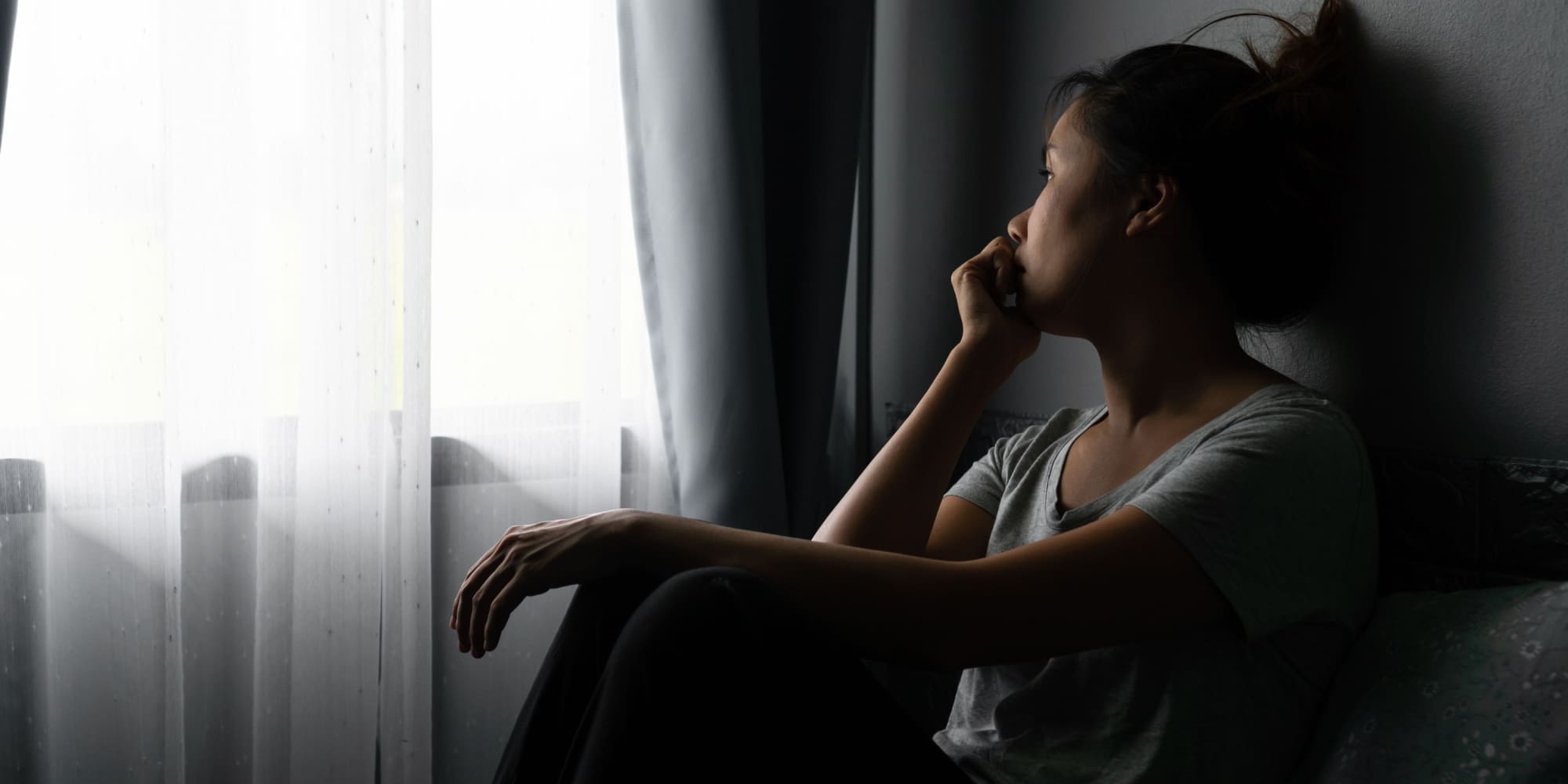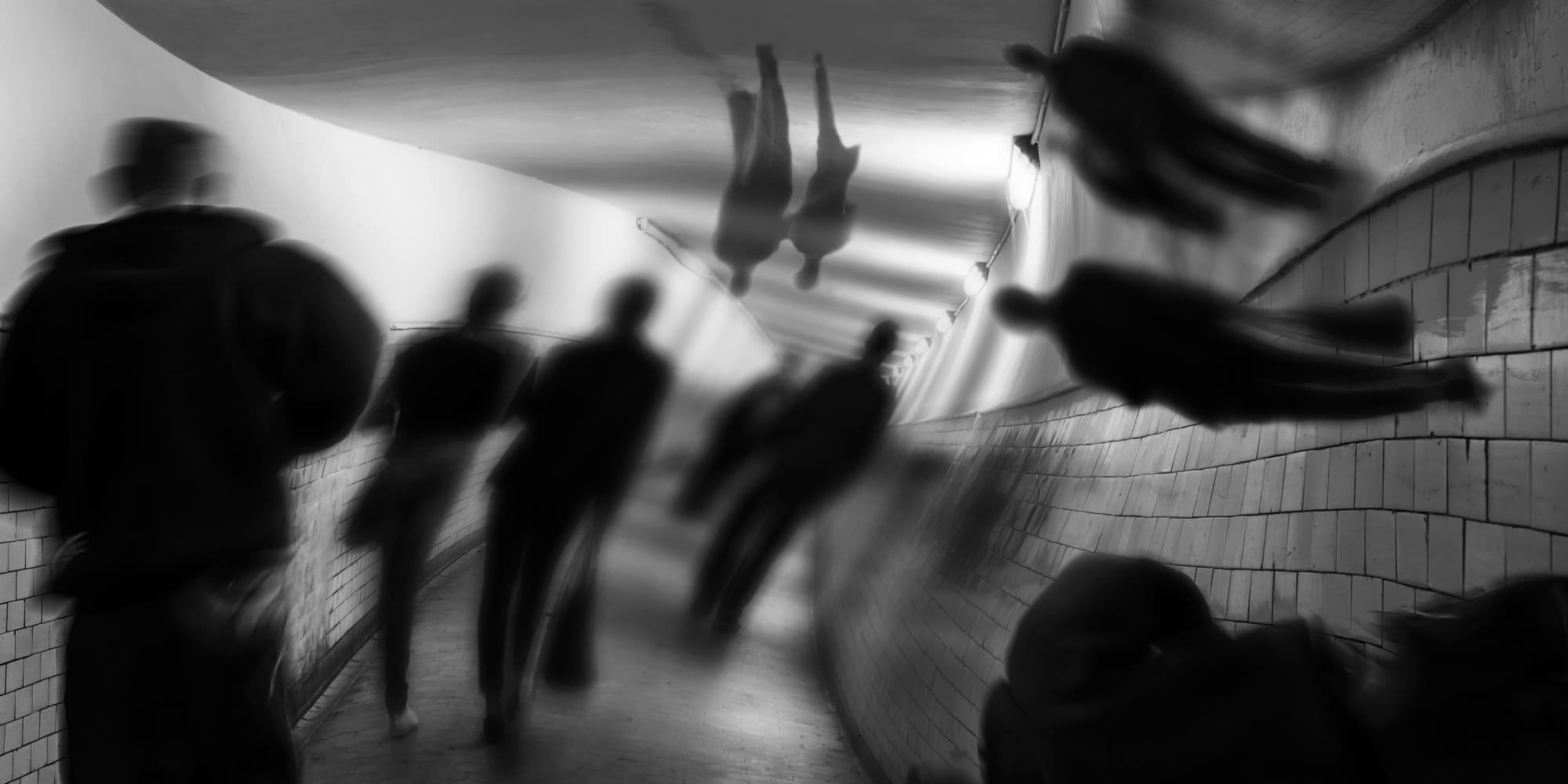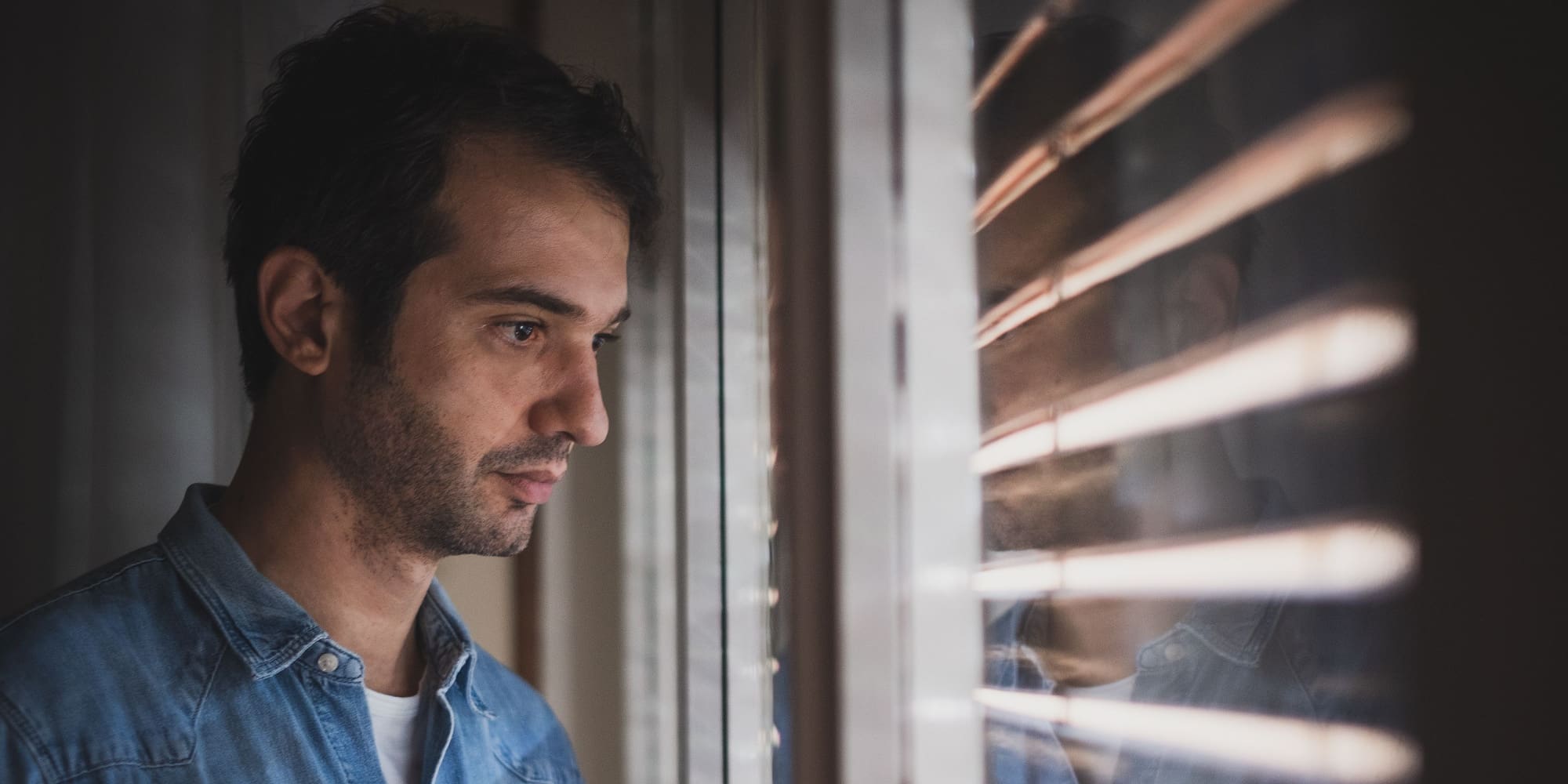For most people, it’s common to experience some anxiety in certain situations in life, such as when you have a first date, have to speak in front of a group, or start a new job. But for others, the frequency and intensity of that anxiety can become so high, it disrupts their day-to-day life. They may struggle to attend school or work, make friends, or even shop at the grocery store.
If your levels of anxiety have become moderate to severe, you could be struggling with an anxiety disorder. In fact, anxiety disorders are more common than you’d think, with an estimated 40 million people suffering from one in the United States alone. No one knows exactly why anxiety disorders are on the rise, but there’s no doubt that people are suffering more and more with anxious feelings.
There are three main types of anxiety disorders:
- Generalized Anxiety Disorder (GAD)
- Panic Disorder
- Social Anxiety Disorder
Living with high anxiety can cause a great deal of stress in your life. People with anxiety also tend to be more prone to substance abuse disorders, often using drugs or alcohol to cope with their deteriorating mental health. They may self-medicate, hoping that the substances will treat their anxiety. However, alcohol or drug abuse usually only makes matters worse. Sure, it may bring some temporary relief, but in the long haul, it causes long-term damage to your body, including harm to your organs. It may also affect systems of the human body that are intended to keep your anxiety symptoms at bay.
Contents
The Fight-Or-Flight Response
The body has something called a fight-or-flight response, which is a physiological reaction that occurs when we perceive that something harmful is occurring to us. Essentially, when we sense danger, the central nervous system’s fight-or-flight response puts the body on high alert so that we are ready to act. This response can serve us quite well. For example, when we touch a hot stove, our brain immediately alerts us to remove our hand. On the other hand, when an angry dog is running toward us, we run!
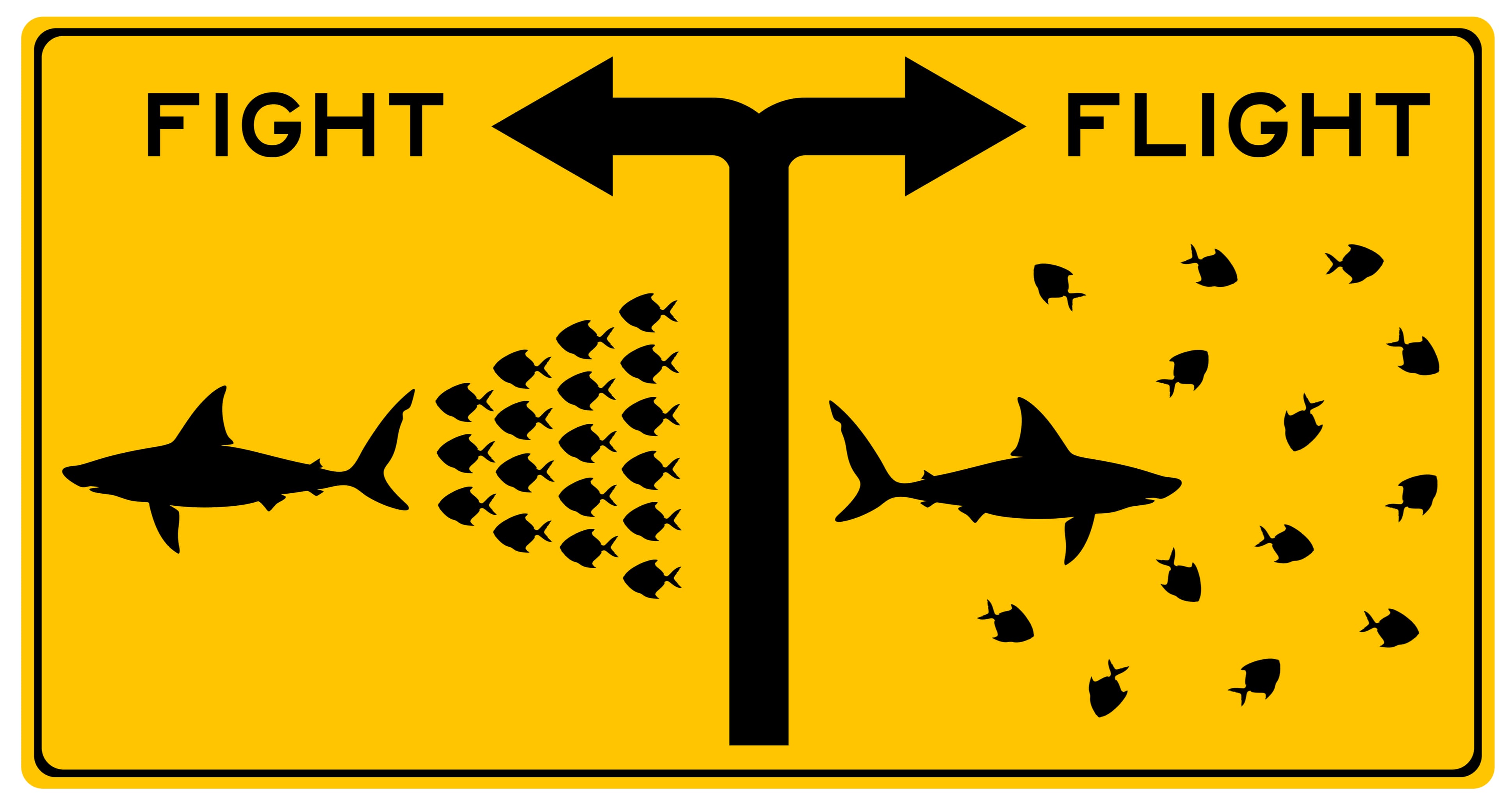
Sometimes, though, this response can occur even when there is no danger, creating an anxious or nervous state when there is no need for one. Or other times, the response occurs when it should, but when the danger is over, the nervous system doesn’t go back to its relaxed state. It stays stuck in that fight-or-flight mode.
This chronic stress can cause you to emotionally and/or physically break down over time. The body is not meant to endure long periods of intense stress. This may be why some people who struggle with anxiety disorders have a risk of developing a co-occurring disorder. They may turn to alcohol or drugs to try to relieve that anxiety, which can easily lead them down the road to addiction.
Symptoms Of Anxiety Disorders
If your anxiety seems to be more than you can handle or occurs for long periods of time, you may indeed have an anxiety disorder. If you’re still not sure whether or not you have one, here are some common characteristics of the three main types:
Generalized Anxiety Disorder
- Constant worry about various aspects of life
- Always feeling on edge
- Dreading going to school or work
- A feeling of being overwhelmed much of the time
- Inability to get out to socialize with others
Social Anxiety Disorder
- Extreme fear at the thought of speaking in public or others
- Tendency to shy away from groups or social interactions
- Symptoms of panic at the thought of having to perform or do public speaking
- Fear of being around other people
Panic Disorder
- Sudden panic attacks, oftentimes for no apparent reason
- Extreme fear or terror
- Rapid heartbeat
- Difficulty breathing
- Chest pain
- Dizziness
- Sweating
Using Alcohol Or Drugs To Cope With Anxiety
People that struggle with anxiety disorders live much of their time in a heightened state of anxiety. The thought of going to school, or work, and even hanging out with friends can bring on extreme feelings of anxiety. To cope with such high states of anxiety, some people are more prone to drink or do drugs in order to relieve some of their symptoms. Though it may provide a short relief or escape from such feelings, it oftentimes turns into substance use disorders, such as alcohol abuse or drug addictions, and ends up making the anxiety disorder worse.
Approximately 10 to 40 percent of people who are diagnosed with a panic disorder also struggle with alcoholism. When someone has both anxiety and substance use disorders, it is called a dual diagnosis or co-occurring disorder.
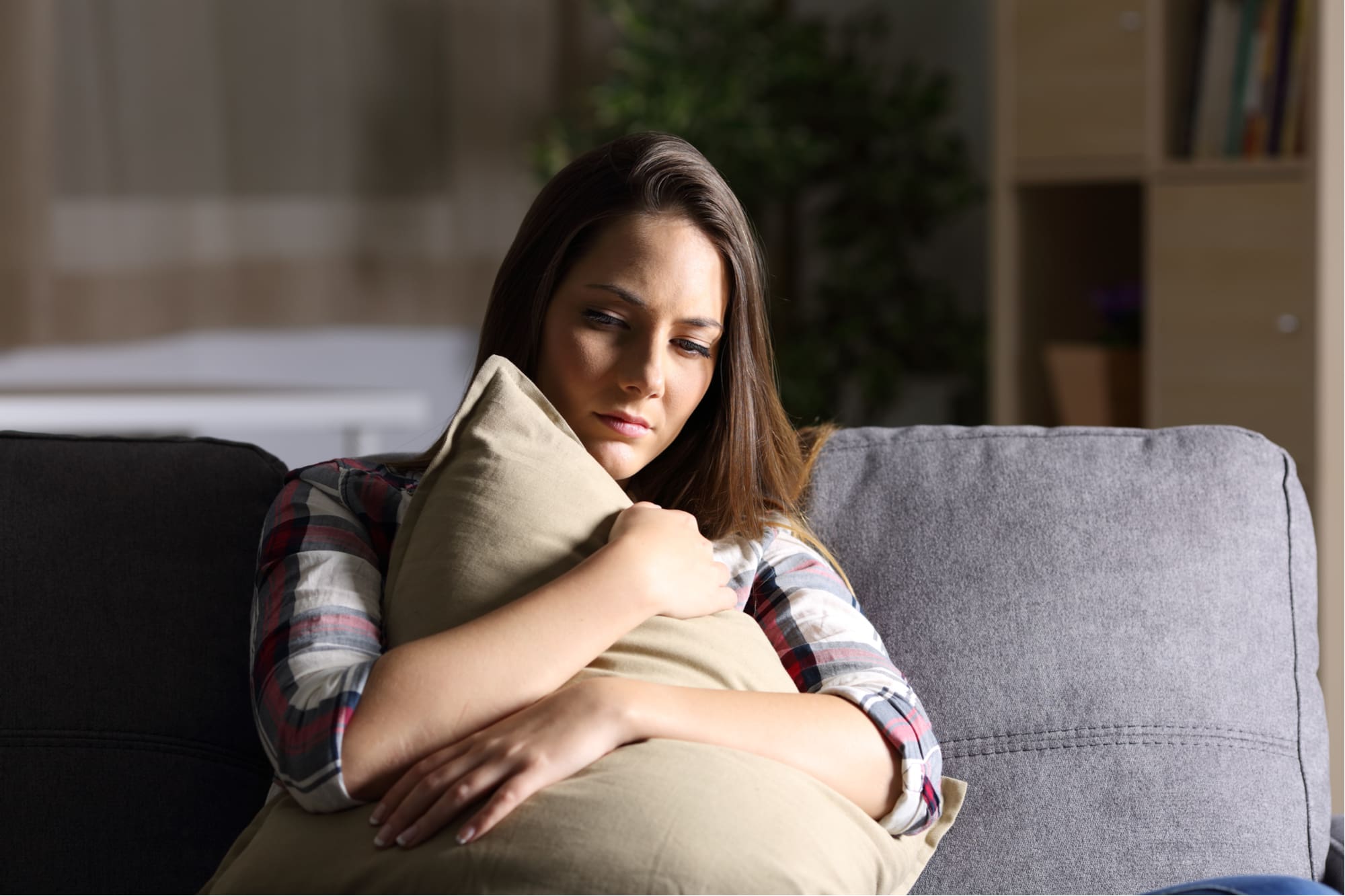

Though some people may feel that substances help curb their anxiety and make life more manageable, this perception is unhealthy. Substance abuse and anxiety is a double whammy that eventually only leads to more trouble. Furthermore, although anti-anxiety medication can treat moderate to high anxiety, abusing those meds can lead to dependency that causes a whirlwind of problems.
Treatment For Anxiety And Addiction
The good news is that there is treatment available for psychiatric conditions, such as anxiety disorders, as well as for addiction. Dual diagnosis is becoming quite common, and many rehab centers now offer specialized treatment to help both at the same time. Healthcare professionals will help you manage your symptoms and get to the root of your anxiety issues and addiction.
When it comes to treatment, you may wonder what should be treated first: the addiction or the disorder? Most professionals believe that treating substance abuse first is important. It’s tough to really contend with a mental health disorder while under the influence of alcohol or drugs.
If you’re struggling with anxiety and substance abuse disorders, consider reaching out to a treatment center that offers integrated treatment for both conditions. Once you stop abusing alcohol or drugs, you can then have more clarity in moving forward to treat the anxiety or other mental health disorder. Options include cognitive behavioral therapy, counseling, medications and more. You do not have to self-medicate in order to deal with anxiety any longer. Take your first step toward freedom and peace today by allowing professionals to help you create the kind of life you desire.
We can help you
Port St. Lucie Hospital specializes in mental health services and is located on 20 acres near the beautiful Savannas Preserve. If you or one of your loved ones is struggling with a mental health disorder, we can help. Our 24-hour mental health services are provided by licensed professionals in various disciplines. We tailor our programs to our patient’s needs and will help you every step of the way.


